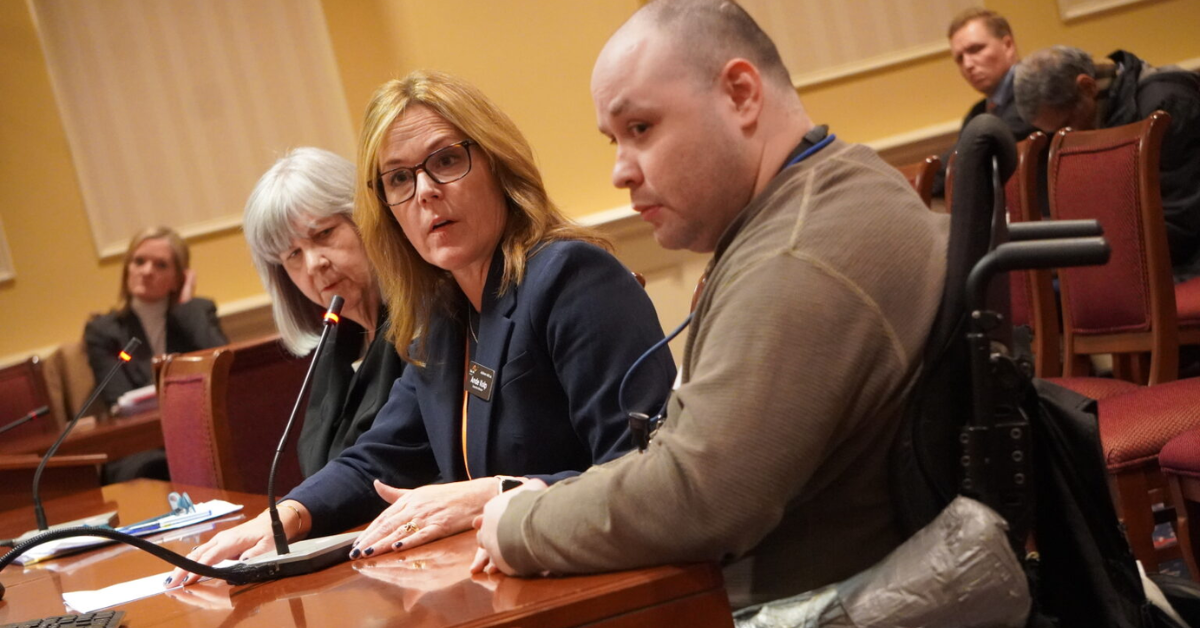Advocates for people with disabilities in Maryland are raising serious concerns about proposed budget cuts to vital state programs. They warn that these reductions could negatively impact the quality of care for some of the state’s most vulnerable residents.
In a hearing last week, advocates outlined the potential consequences these budget cuts could have on the Maryland Developmental Disabilities Administration (DDA), an agency that provides support to people with disabilities. The cuts, they say, could harm both the services and the individuals who rely on them.
Mat Rice, the executive director of People on the Go Maryland, spoke passionately about the impact these cuts could have on families and workers. “Are we telling a staff member, who has two kids, that they might face a pay cut?” Rice asked during the January 23 hearing. “This is a human cost that we can’t ignore.”
But Helene Grady, secretary of the Department of Budget and Management, emphasized that the state’s “cost containment” measures were intended to minimize disruptions to essential services. Grady reassured lawmakers that many potential cuts, which could severely impact the services provided by the DDA, were deliberately excluded from the budget proposal.
“We have carefully avoided certain options because of their potential negative effects on services,” Grady said. “The cost-containment proposal is targeted to focus on areas where there is more flexibility within the program.”

Governor Wes Moore (D) has proposed a budget that includes $2 billion in cuts for the fiscal year 2026 as part of a larger strategy to address the state’s $3 billion deficit. According to officials from the DDA, the agency’s spending has increased significantly in recent years.
Moore’s proposed cuts include adjustments to wages and the elimination of certain geographical differentials. Currently, providers in higher-cost areas are paid more to account for local living costs. Removing these differentials could save the state a substantial amount of money.
Another cut targets “low intensity” support services, which are designed to provide individuals with disabilities and their families with assistance to prevent the need for more serious interventions. These services allow for funding to be used for short-term in-home care, minor home modifications to improve accessibility, respite care, adaptive equipment, summer camps, and other support services.
Senator Cory McCray, a Democrat from Baltimore, spoke out about the proposed cuts, saying that families benefiting from the program have already reached out to him with concerns. McCray asked Grady why the state should eliminate these crucial services.
Grady explained that the cuts were part of a larger strategy to create a sustainable budget model for the DDA in the future. “We still have a lot of work to do to ensure the program remains viable,” Grady said.
Disclaimer: This article has been meticulously fact-checked by our team to ensure accuracy and uphold transparency. We strive to deliver trustworthy and dependable content to our readers.

